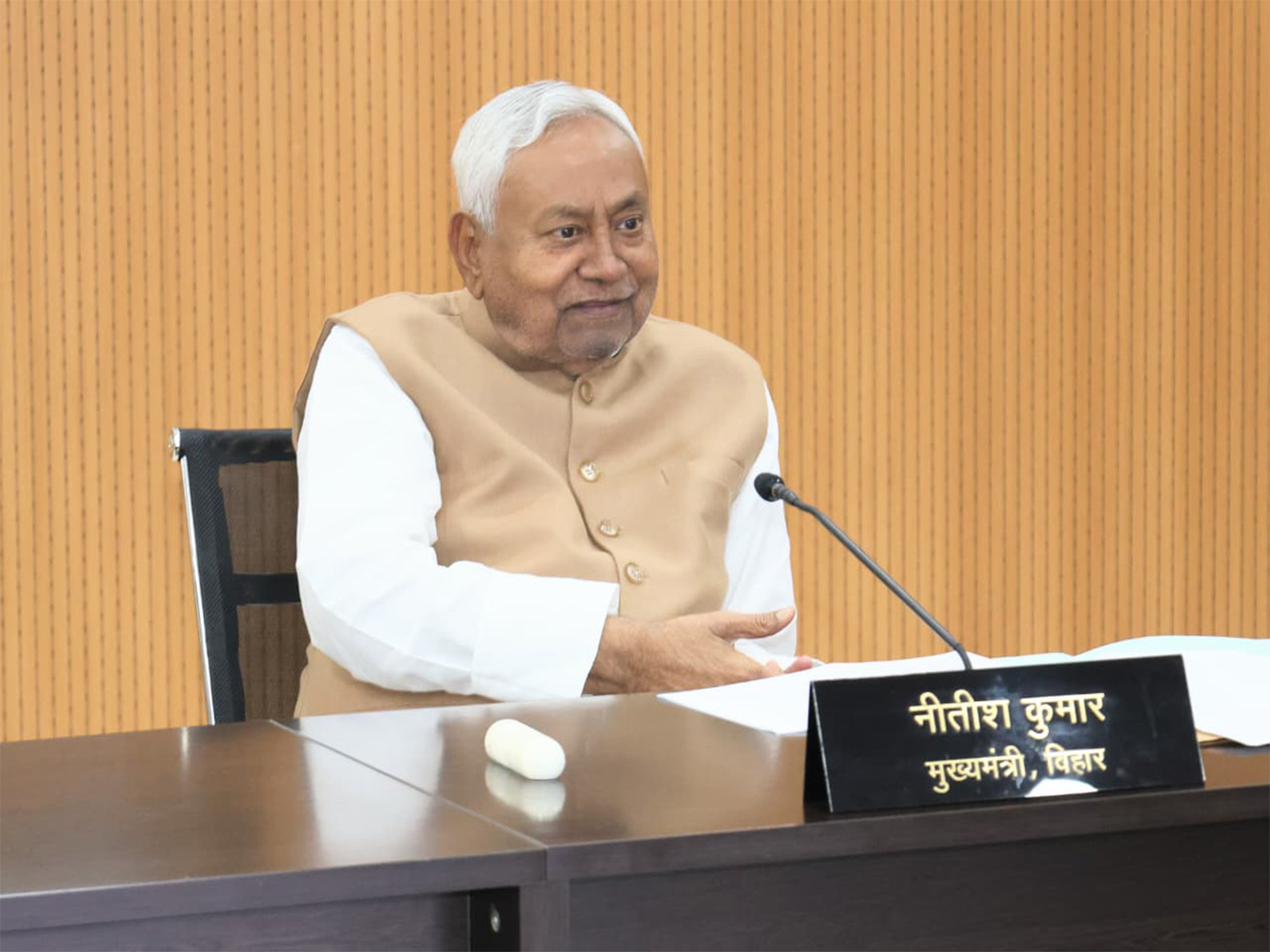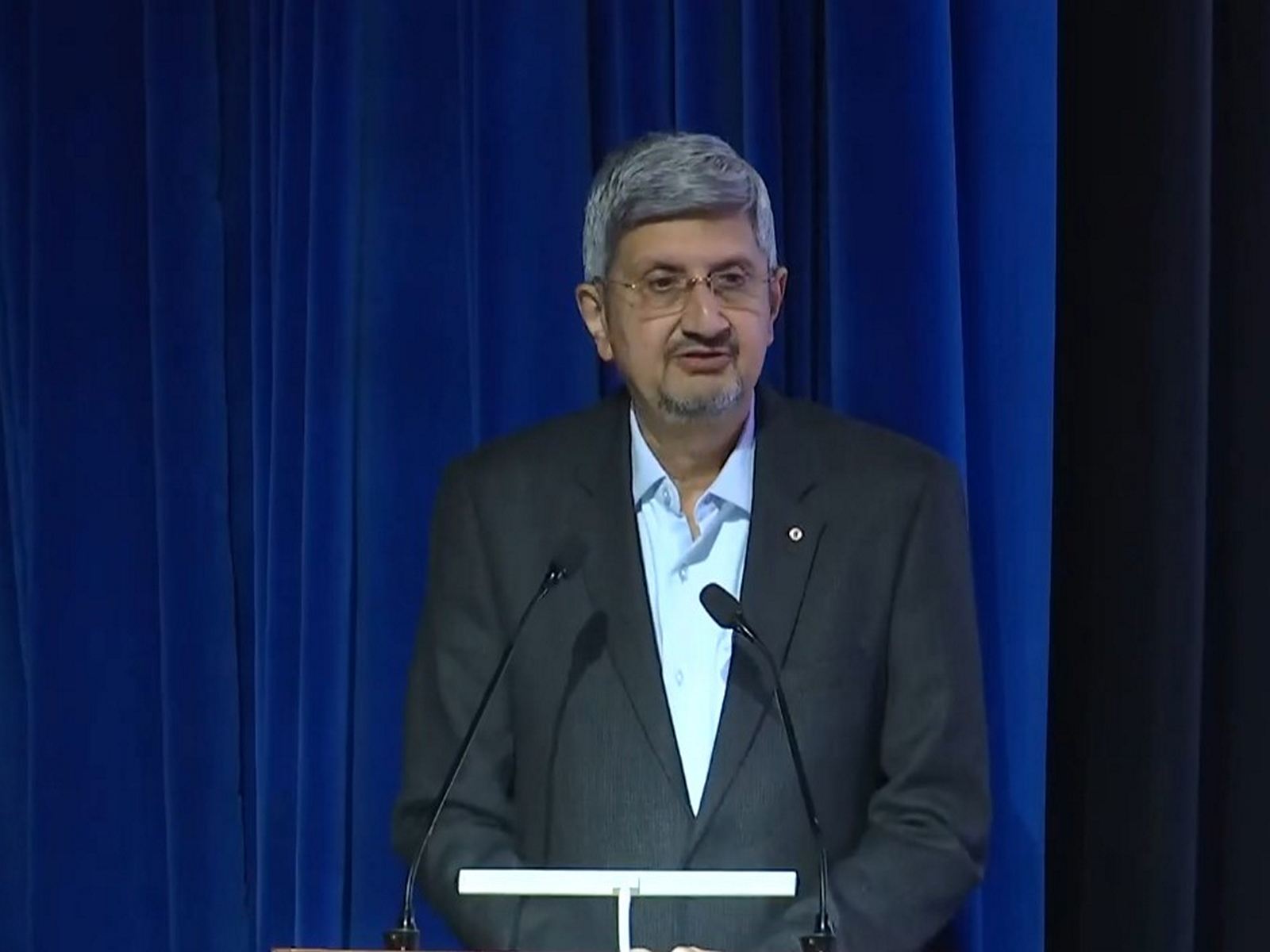Coimbatore farmer keeps half-acre of land to grow food for hundreds of wild birds
Aug 22, 2020

Coimbatore (Tamil Nadu) [India], August 22 : While most farmers employ tools to keep away hungry creatures from their crops, a 62-year-old farmer in Tamil Nadu's Coimbatore has kept aside half an acre of farmland to provide daily feasts to hundreds of wild birds.
Mutthu Murugan, farmer, and owner of four acres of land, has been in the organic farming profession since 1984. For the past few years, birds have been flocking to the half-acre farmland spared by Mutthu to grow Pearl millets and Sorghum for birds to feed. 
"Due to global warming, we have faced acute shortages of water, and birds too have faced the same problems. I decided to try and mimic the natural growth of these grains for them. No one uses pesticides in the wild and birds are free to make their homes anywhere they wish to. The Sorghum crops have not produced a good yield but the Pearl millets have grown in abundance," Murugan told ANI. 
He added, "Hundred of tiny sparrows, parrots, and several other birds happily eat these every day. I love this atmosphere where such a large number of birds come from long distances to eat the food I have grown for them. We take so much from nature and I believe it is our duty to give back as much as we can. Every farmer must save a small piece of land to grow food for birds."
Murugan further said that he fed the birds as he believed that it would save exotic birds from extinction.
"This is our opportunity to save several species from extinction. It is unfortunate that things have changed so much in our country. Many farmers hire youngsters to keep away these birds. Farmers today only think about making money. Back in the day, farmers would only take their produce to the market after cows and goats ate their fill. We must understand that farmers will only benefit when the environment and all its creatures are taken care of. Even the government needs to take responsibility for the good health of the birds and animals." he added.



















